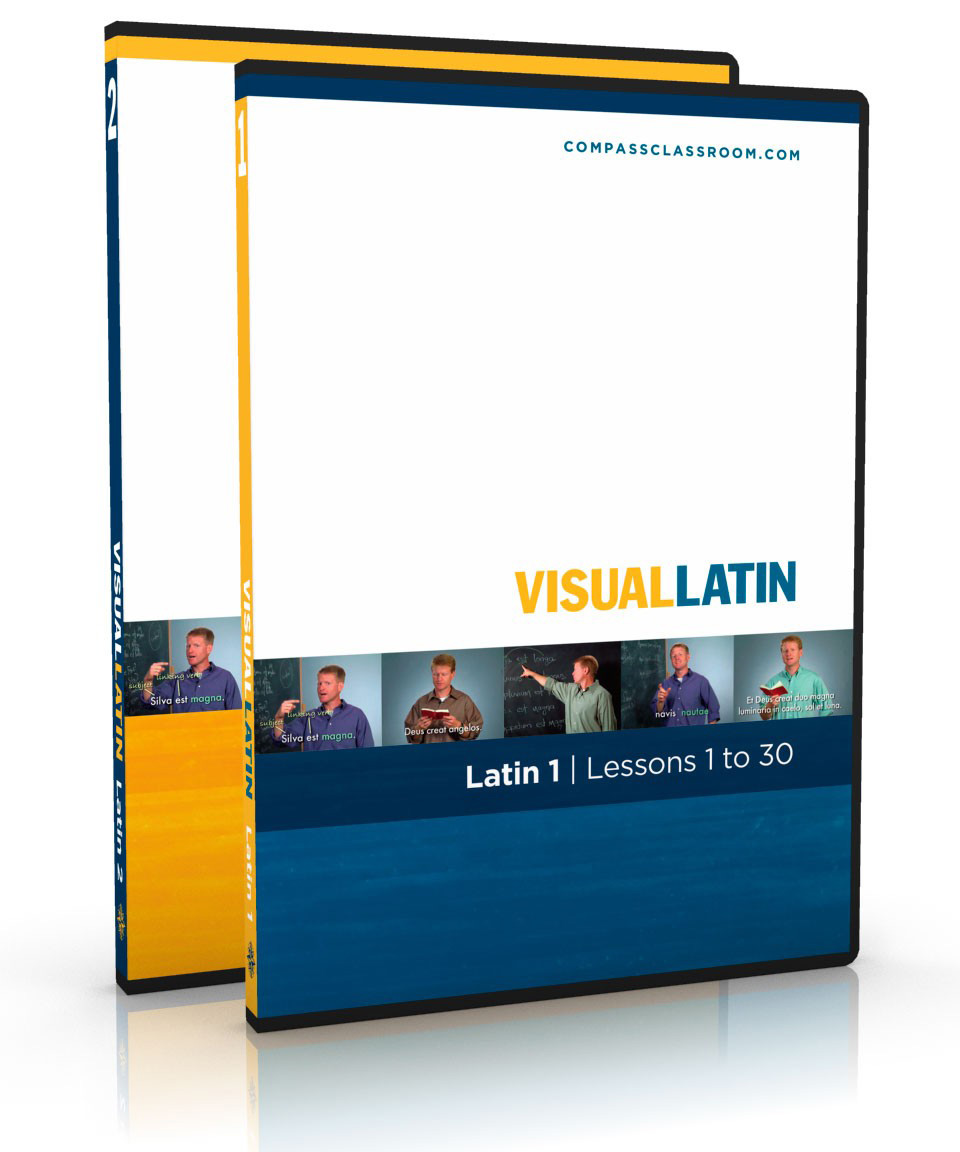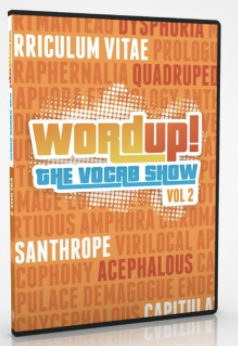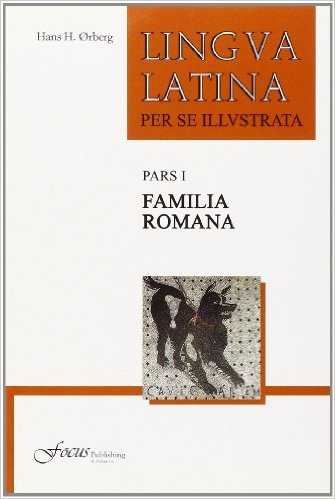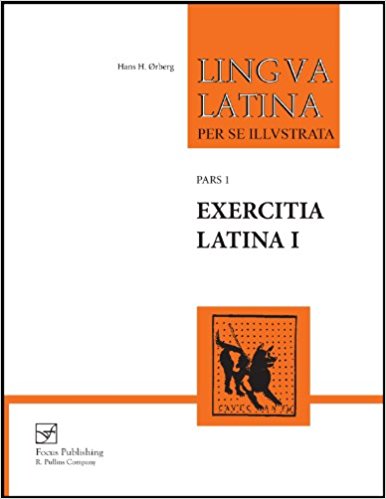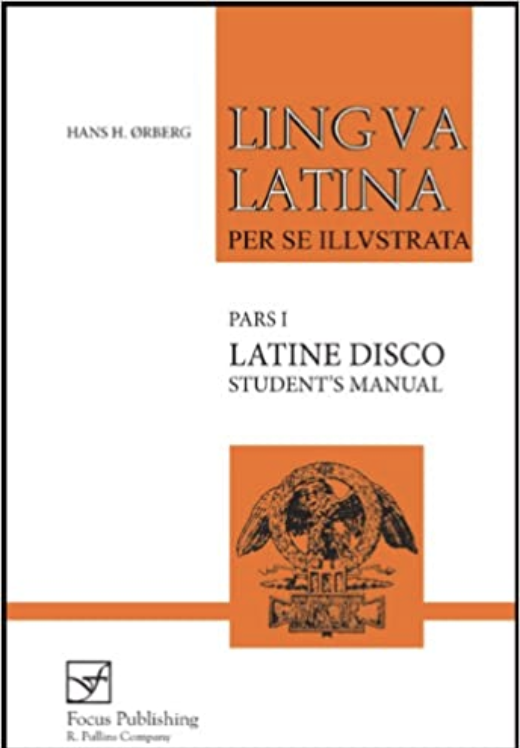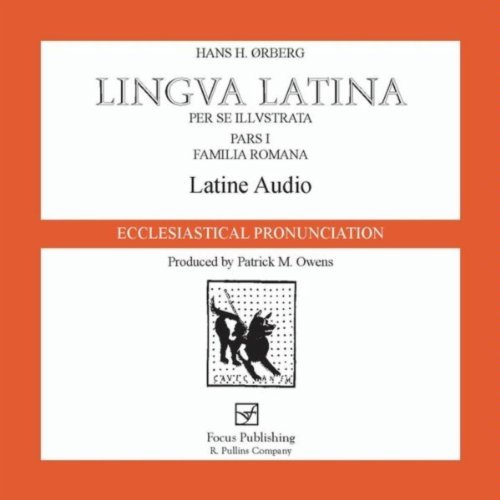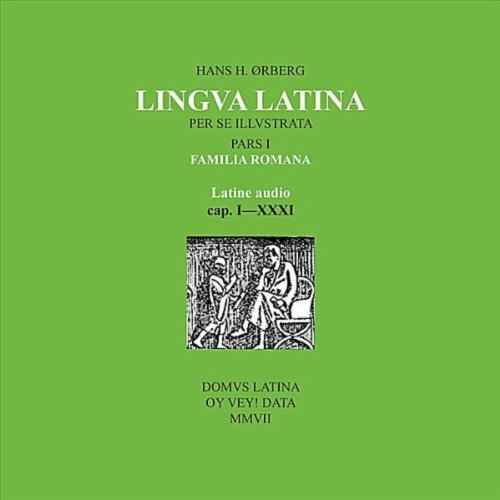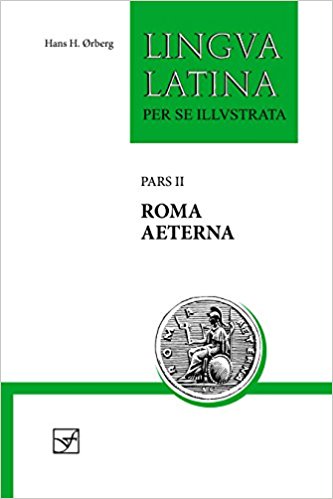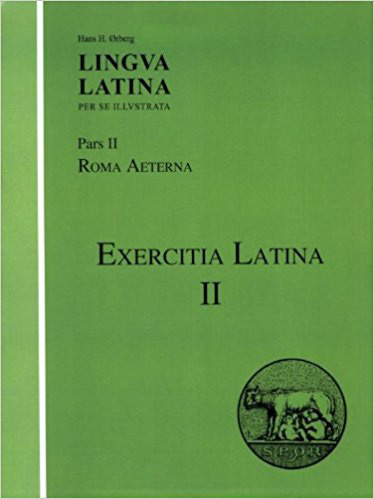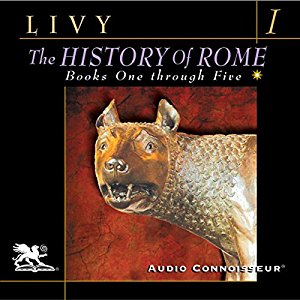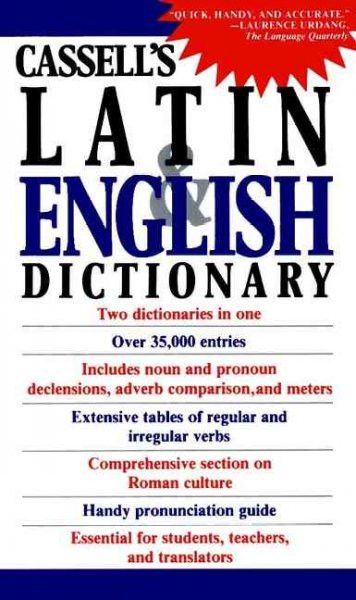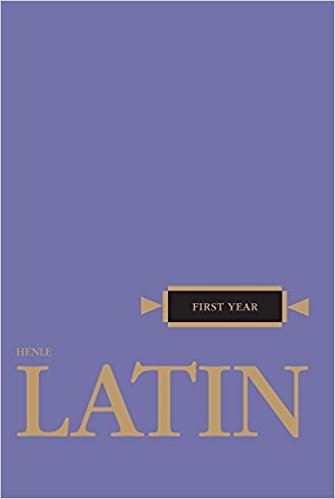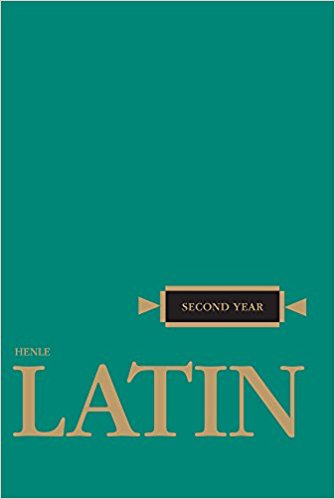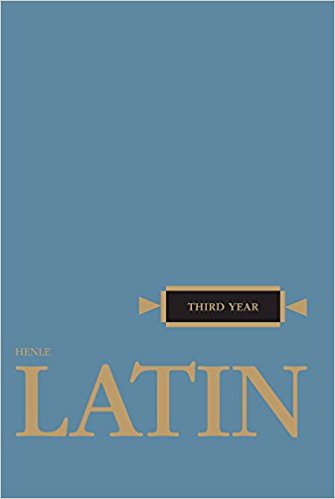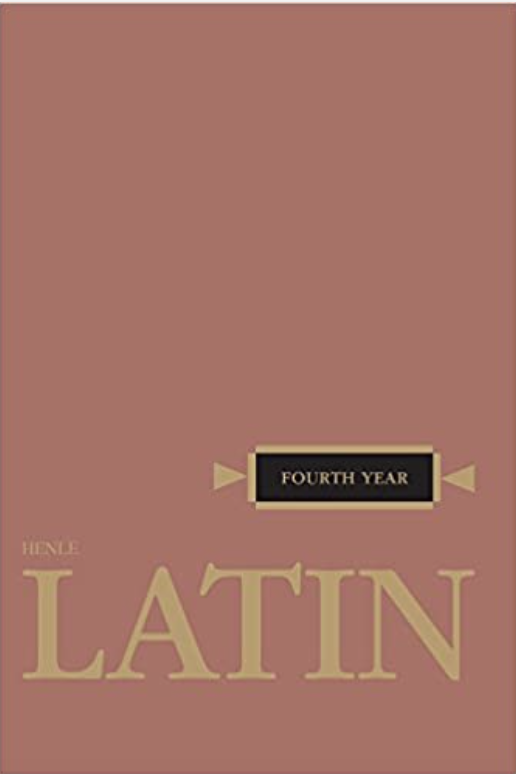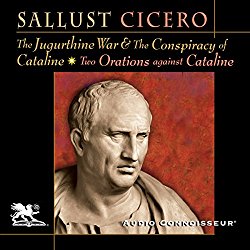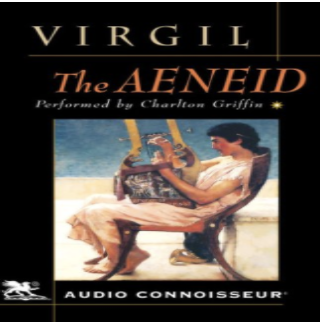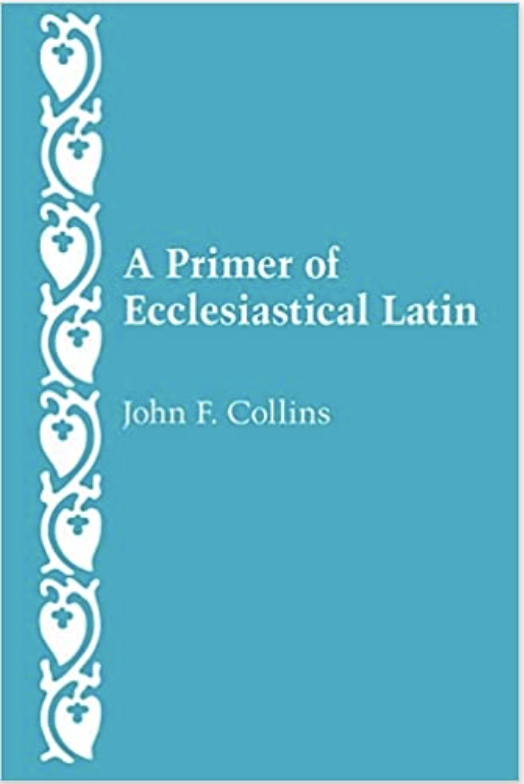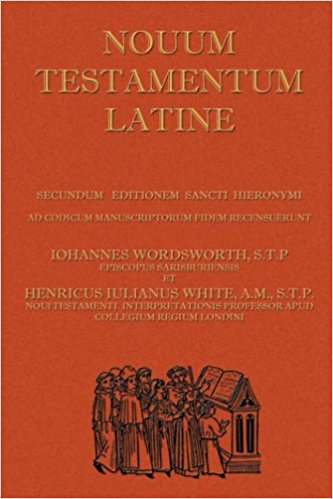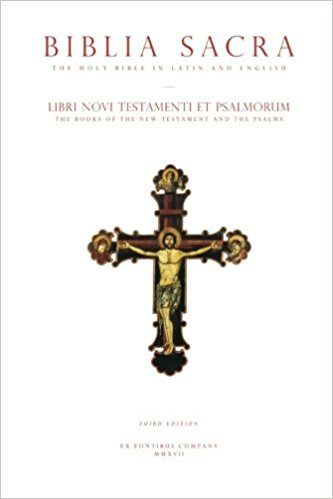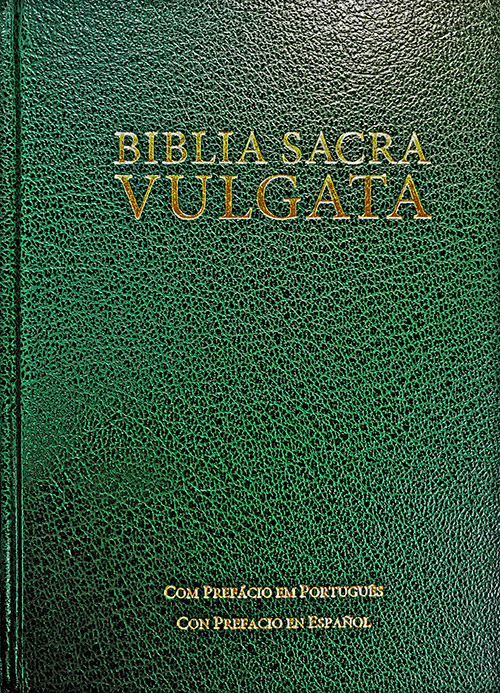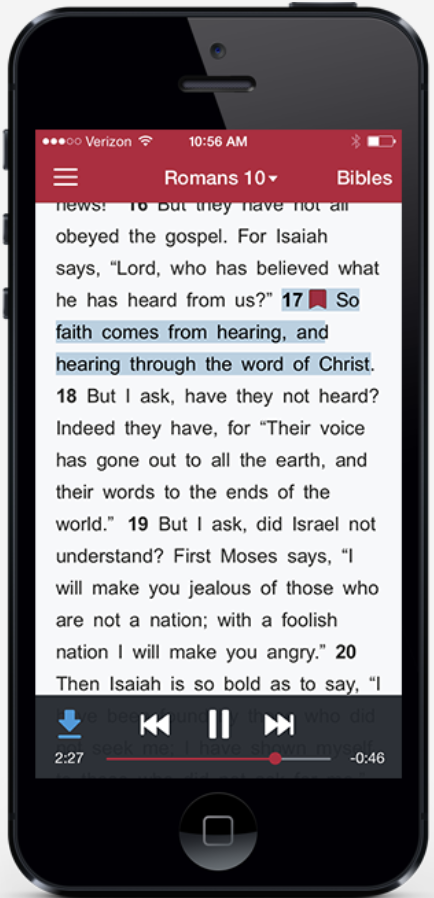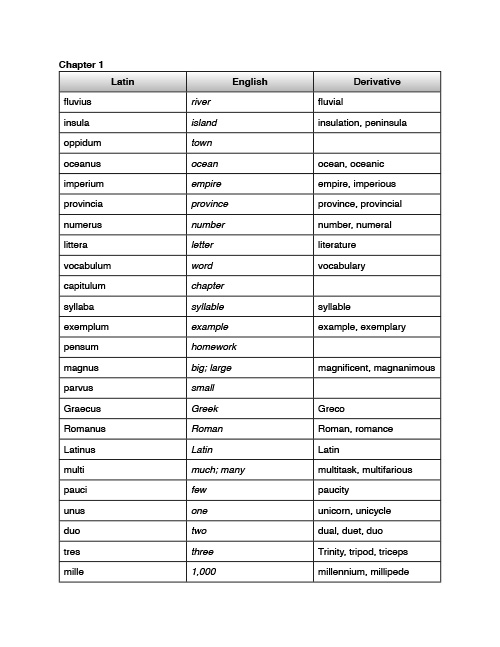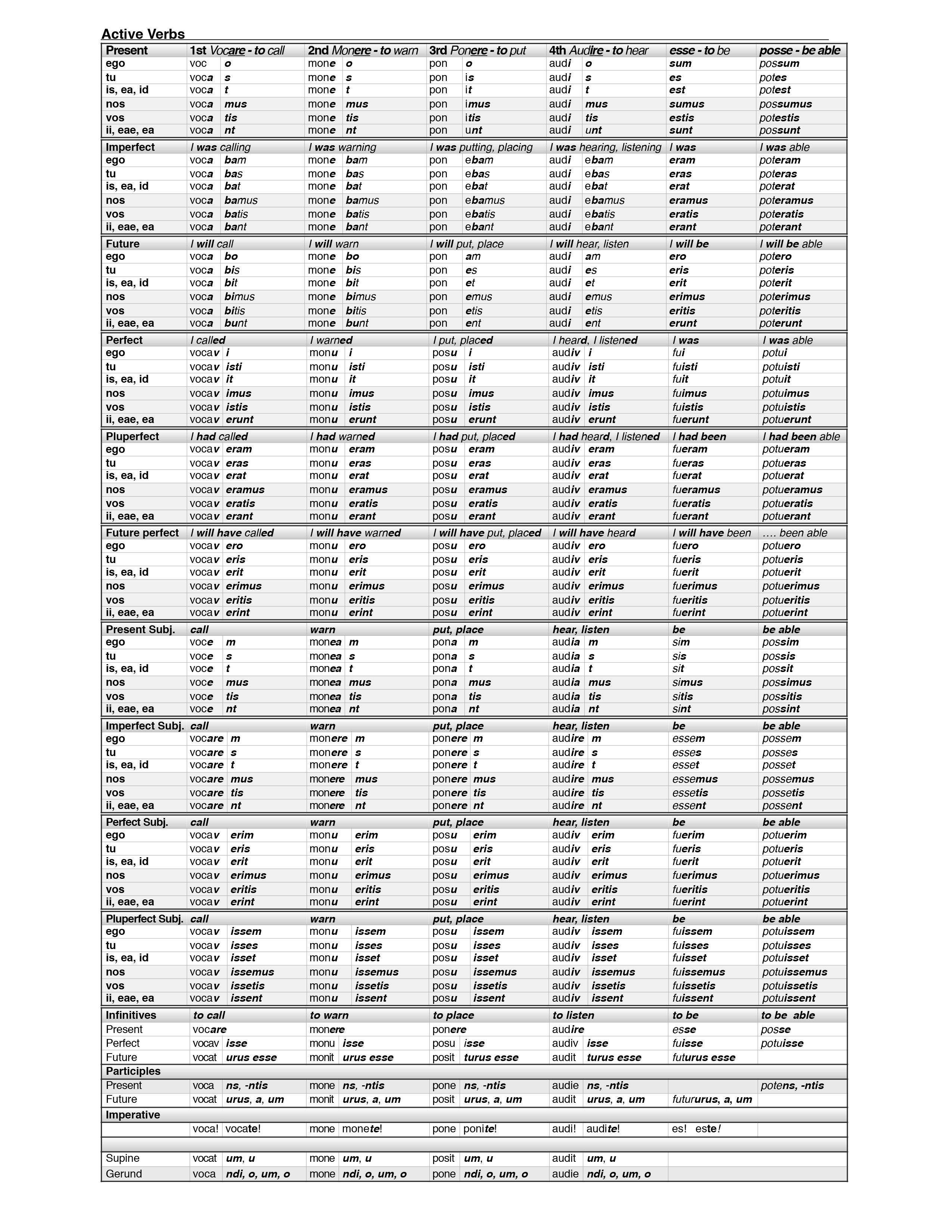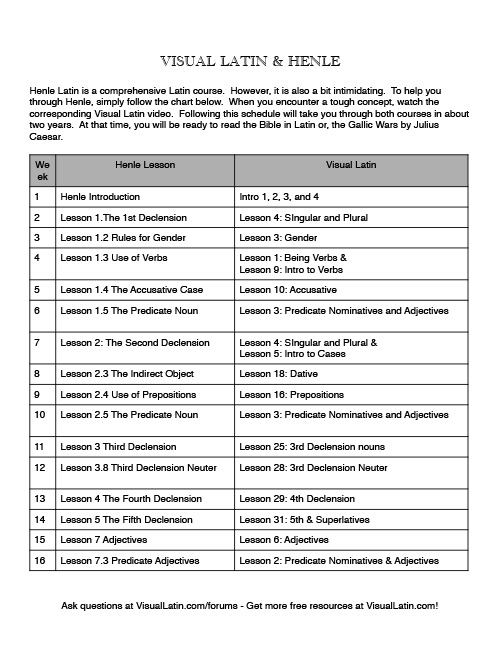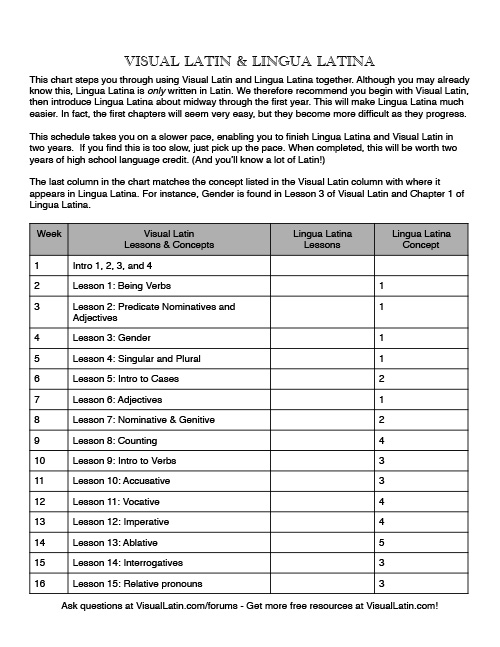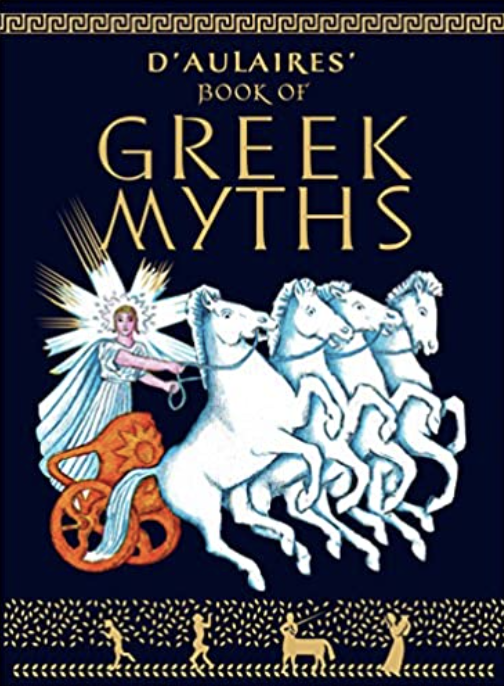Latin and Etymology
Your Guide to Mastering Latin
Latin Resources
On this page, I gather for you tools and tips to mastering the Latin language.
This page is under construction.
I began studying Latin in 1997. I never stopped.
As I have studied Latin, I have discovered many useful tips and tricks. Here, I share them with you. I hope they help you as much as they have helped me.
(Note: Some of the following are affiliate links.)
Grammar
Everyone hates grammar. Language courses often claim you can, and should, skip grammar.
I do not recommend you skip grammar. Instead, I recommend you learn it. Get it over with. Rip the band-aid off.
If you want to learn Latin grammar via video, I recommend Visual Latin, obviously.
Years ago, I went looking for a Latin video course. I could not find one. So, I teamed up with Compass Classroom and together we created Visual Latin.
If you want to learn Latin grammar without tears, check out Visual Latin.
I began studying Latin in 1997. I never stopped.
As I have studied Latin, I have discovered many useful tips and tricks. Here, I share them with you. I hope they help you as much as they have helped me.
(Note: Some of the following are affiliate links.)
Grammar
Everyone hates grammar. Language courses often claim you can, and should, skip grammar.
I do not recommend you skip grammar. Instead, I recommend you learn it. Get it over with. Rip the band-aid off.
If you want to learn Latin grammar via video, I recommend Visual Latin, obviously.
Years ago, I went looking for a Latin video course. I could not find one. So, I teamed up with Compass Classroom and together we created Visual Latin.
If you want to learn Latin grammar without tears, check out Visual Latin.
I am a big fan of Lingua Latina by Hans Ørberg. But, for some students, there is a problem. The book includes no English instruction.
If you decide to go with Lingua Latina, and find yourself stuck, I have taught the book on this site for years. Those classes are up 24/7.
You can find out more about joining this site here: https://dwanethomas.com/join/
If, after Visual Latin, a student wanted to go through a Latin course on their own, I’d recommend Wheelock’s Latin. Unfortunately, Wheelock’s Latin does not offer a lot of reading practice.
If you want more to read, again, I recommend Lingua Latina or one of the gospels in Latin.
The New Testament is available free as an audiobook right here: https://live.bible.is/bible/LATNV1/MAT/1?audio_type=audio_drama
And, here, you will find the New Testament available as a free side by side translation: https://vulgate.org/nt/gospel/matthew_1.htm
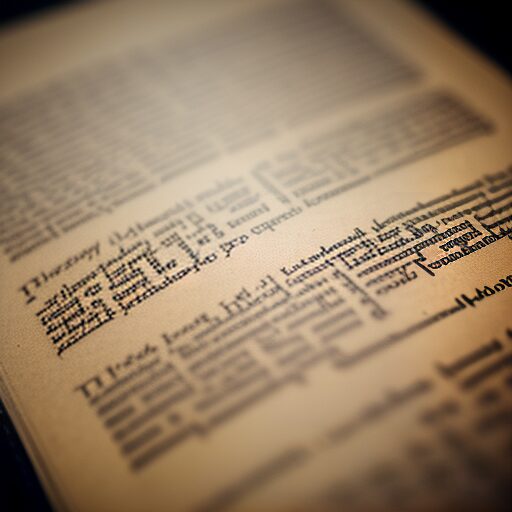
To boost your word power, you do not have to learn Latin.
You can go straight to the words.
In the Word Up Series, you will learn hundreds of English words.
You will learn about their Latin and Greek sources.
And, you will also watch me embarrass myself.
Want to learn the Latin and Greek roots of English without having to actually learn Latin and Greek? Then, Word Up! is the series for you! This is an altogether new twist on etymology (the history of words). Oh, and you get to watch me (Dwane Thomas) act like a fool in front of the camera.
Well, after years of begging and pleading, I finally gave in and agreed to act again like an idiot in front of the camera. You get to watch… and, learn the source of 200 English words at the same time! Welcome to Word Up! Volume 2.
Okay, hopefully this will keep you guys happy. 200 more words and their interesting histories in Word Up! Volume 3. No more! Stop asking for more! Go buy a dictionary and do your own research!
Lingua Latina by Hans Ørberg is my favorite Latin textbook. I hate to even call it a textbook. It’s more of a novel.
If you want to truly master Latin, this is the book you need. Don’t waste your time with boring textbooks. Spend your time mastering this book, and you will master Latin.
There is a free online version of the book over at archive.org: https://archive.org/details/familia-romana/page/14/mode/2up
See my review of the book here: https://dwanethomas.com/lingua-latina-by-hans-orberg/
If you want to reinforce what you learned in Lingua Latina, you may enjoy this exercise book. However, it is not required. This is an exercise book, plain and simple. Mr. Ørberg provided LOTS of extra practice. And, here it is, in this book.
Confused by the grammar in Lingua Latina? Be wary of other books that explain the grammar. Academics really like complicated jargon. And, they don’t seem to mind confusing students. Instead, get the grammar of the book explained by the author himself. In this thin book, Hans Ørberg goes through each chapter and explains the grammar. Simply.
This is an audio version of Lingua Latina. This version is read in the Ecclesiastical pronunciation, sometimes called Church pronunciation, or even the Italian pronunciation. This is the pronunciation I prefer.
If you want to hear Hans Ørberg himself reading his own classic book, then order this. Mr. Ørberg reads the first 10 chapters of the book using the Restored Classical pronunciation.
This is Lingua Latina part 2, sort of. The story of the family in Familia Romana does not continue, unfortunately. Roma Aeterna is a history of Rome, told by the Romans themselves. This book consists mostly of excerpts from Roman authors. It’s difficult. I recommend reading a few of the New Testament gospels in Latin first.
If you want to reinforce what you learned in Roma Aeterna, you may enjoy this exercise book. However, it is not required. This is an exercise book, plain and simple. Mr. Ørberg provided LOTS of extra practice. And, here it is, in this book.
Much of Roma Aeterna is actually written by the Roman author Livy, slightly edited by Hans Ørberg. This is an audio version of Livy’s history of Rome.
I recommend online dictionaries like William Whitaker’s Words, or The Latin Dictionary.net. However, some students like to have a physical dictionary. Really, any Latin dictionary will do. Including this one.
I only “recommend” this book for those who are in Classical Conversations. If you can, learn Latin with Lingua Latina and Visual Latin first. You will not regret it. Order First Year Latin by Robert Henle only if you are required to do so.
Read my full review of First Year Latin by Robert Henle here: https://dwanethomas.com/book-review-5-first-year-latin-by-robert-henle/
I only “recommend” this book for those who are in Classical Conversations. If you can, learn Latin with Lingua Latina. You will not regret it. Order Second Year Latin by Robert Henle only if you are required to do so. This book focuses on Caesar’s Gallic Wars.
I only “recommend” this book for those who are in Classical Conversations. If you can, learn Latin with Lingua Latina. You will not regret it. Order Third Year Latin by Robert Henle only if you are required to do so. This book focuses on the writings of the Roman orator, Cicero. If you would like audio help with the writings of Cicero, check out the audio book by Sallust below.
I only “recommend” this book for those who are in Classical Conversations. If you can, learn Latin with Lingua Latina. You will not regret it. Order Fourth Year Latin by Robert Henle only if you are required to do so. This book focuses on the writings of the Roman poet, Vergil. If you would like audio help with the writings of Vergil, check out the audio book below.
Adding a completely different grammar book to an extensive series seems a bit underhanded to me, but, it is what it is. If you are working your way through the Henle Latin series you are going to need to spend another $10, or so on this book. You will use it as a reference book throughout the series.
If you are working your way through Second Year Latin by Robert Henle, you might want to listen to Caesar’s Gallic Wars in English. This is the best audio version I have been able to find. The reader is excellent.
Unless you are seriously into Roman history, you will likely not need to listen to this entire audio book. However if you start in chapter 20 you will find help understanding Third Year Latin by Robert Henle.
If you are working your way through Fourth Year Latin by Robert Henle, you might want to listen to Vergil’s Aeneid in English. This is the best audio version I have been able to find. The reader is excellent.
I read Mr. Collins book years ago, multiple times, while writing Visual Latin. I found it to be one of the clearest Latin grammars I had ever read. I still wonder why it is ignored by schools. Anyway, if you are jumping into the New Testament after Lingua Latina (an action I highly recommend), you may find this book very helpful.
One of the most common questions I get is this one: “Which copy of the Vulgate to do you recommend?” This is one. I recommend this simply because it is an affordable version of the Latin New Testament.
Years ago, someone gifted this version of the Latin Vulgate to me. Unfortunately, it is rather expensive. However, on the plus side, it is a beautiful edition of the Vulgate, and it includes both the Old and New Testaments.
You can listen to the entire New Testament as an audio drama. Read by a group of monks, this is the most extensive audio book I know of in Latin. This is the way I finally learned Latin pronunciation. I simply listened and imitated. Over and over again. And… it’s free!
Lingua Latina Vocabulary PDF
I have been in the classroom for a long time. Over the course of many years, my students and I developed the following vocabulary list for Lingua Latina by Hans Ørberg. It’s extensive. Seriously. It’s 74 pages long. The vocabulary is organized by chapter. It is not alphabetical. Download below.
From time to time, people ask me about the mythology questions on the National Latin Exam. People want to know how to get ready for the inevitable, seemingly random questions that pop up on that test.
There is an easy answer. Read D’Aulaires’ Book of Greek Myths. Reading this book should get you ready for 90% of the mythology questions that may appear on the test.
And, if the questions never show up, or if you never take the National Latin Exam, you will have enjoyed yourself anyway. Because D’Aulaires’ Book of Greek Myths is just a fun book to read.
The myths can be confusing, dark, and just plain weird. The D’Aulaires removed most of the darkness and the weirdness and left us all with a simple, plain, fantastic retelling of those old myths.
Listening to audio books is one of my favorite ways to read. You can listen while walking, hiking, running, and driving. Much of what I have learned, I have learned through audio books. My favorite audio platform is Audible.com. If you have a long commute to work or school, Audible is well worth it.

